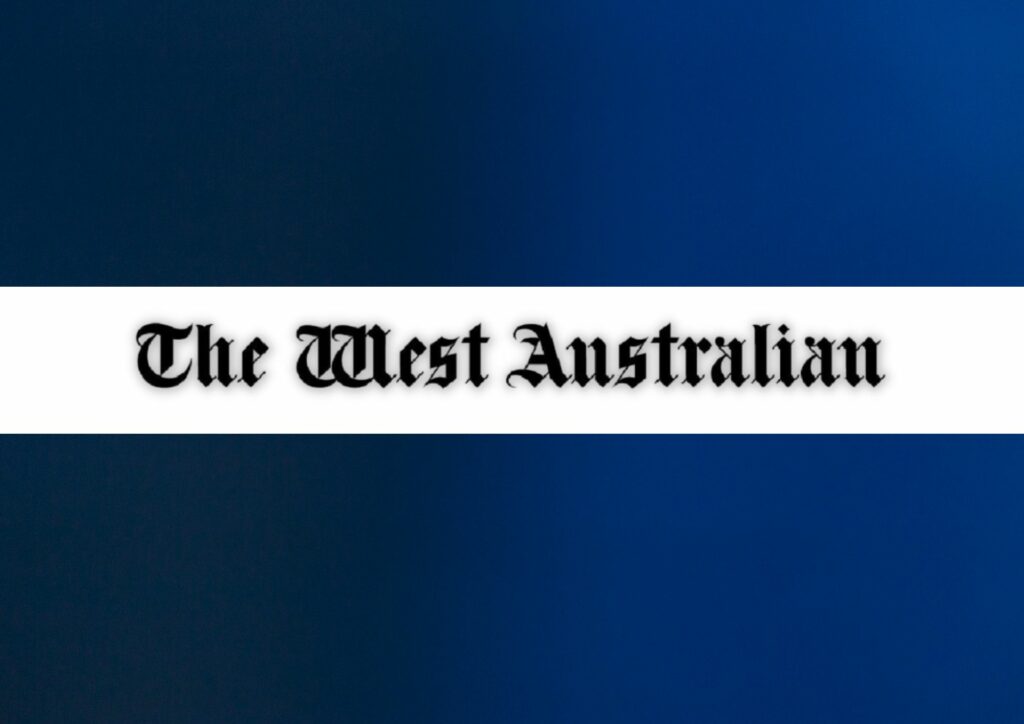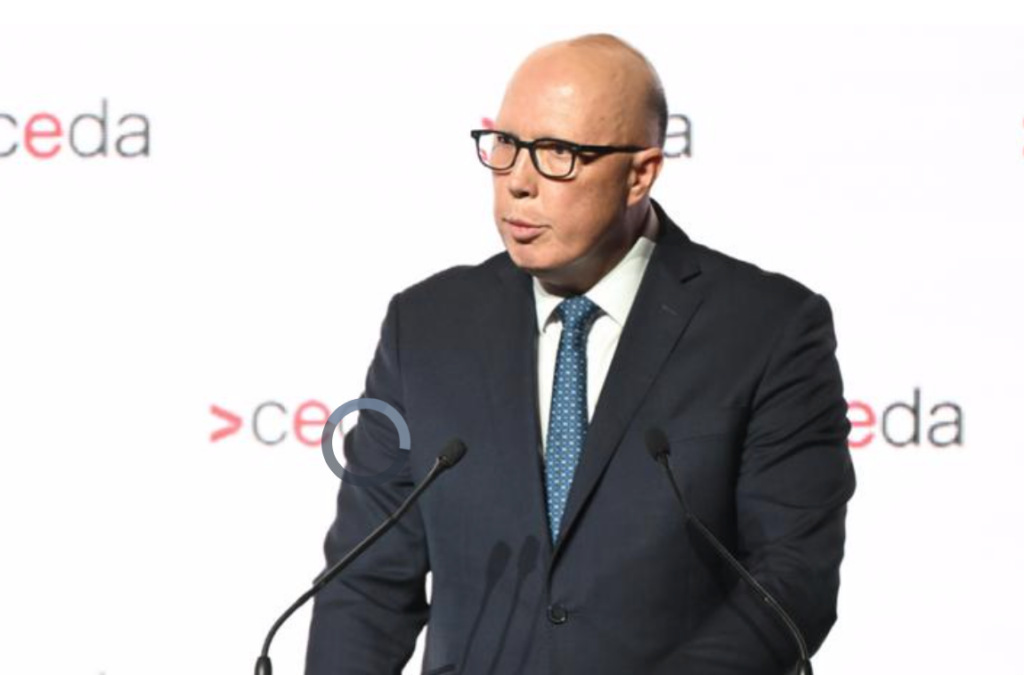
Article by Adrian Lowe courtesy of the West Australian.

Opposition leader Peter Dutton has warned global mining companies are looking to invest away from Australia because of a “sovereign risk” from changing regulation.
Mr Dutton, in his speech to the Committee for Economic Development Australia’s State of the Nation conference in Canberra on Tuesday, said large companies with extensive capital were shifting focus from Australia despite its natural resources and advantages, and deciding to invest elsewhere.
“CEOs are looking at Australia and seeing sovereign risk, particularly in the mining sector,” he said.
“Companies are looking at other markets … (and) billions of dollars in capital will go elsewhere.
“We’ll see it over the next few years — projects will be mothballed until there’s a more stable regulatory environment.”
Mr Dutton also used his speech to continue his push for nuclear to be part of Australia’s energy mix. He said nuclear energy should be considered “in equal fashion” to renewables in Australia’s pursuit of net zero emissions, suggesting hydrogen may be a commercial reality “in time”.
“It’s unnecessary to be talking about blackouts in the 21st century,” he said, highlighting a lack of back-up support for renewables other than batteries which he said had a limited use.
Mr Dutton has been advocating nuclear since becoming Opposition Leader, saying small nuclear power reactors were an example of new technologies that could make it viable. He conceded his generation was unlikely to support a push to nuclear, saying it was spooked by catastrophic nuclear disasters and even The Simpsons.
But he pointed out that in the US, cities were competing to play host to reactors because of the economic benefits they would bring. He said younger Australians who did not have experience of nuclear catastrophes were likely to be welcoming of its uses.
At the same conference, Australian Securities and Investments Commission chair Joe Longo said the regulator was aware of the tough job facing businesses now as environmental and data issues increase.
Artificial intelligence was looming as a particular regulatory challenge, he said, using financial services and insurance as an example. Algorithms were increasingly setting prices but when ASIC went to investigate, issues began because “algorithm creators don’t know” how the prices were set.
“A lot of education is required around AI,” Mr Longo said.
“The capability of this technology to mislead people is huge. The reliance on honest businesses has its own challenges.”
Mr Longo also highlighted impending global environmental standards and rules likely to be applied in Australia to businesses in the next 18 months could potentially leave small businesses behind.
“We’re up to five years away from saying these standards are well understood but it (the process) needs to start happening now,” he said.
Mr Longo said the scale and complexity of challenges confronting businesses was a key reason behind ASIC outlining its priorities six to 12 months in advance — “so businesses can prepare”.
“There’s no doubt it’s a challenging time,” he said.